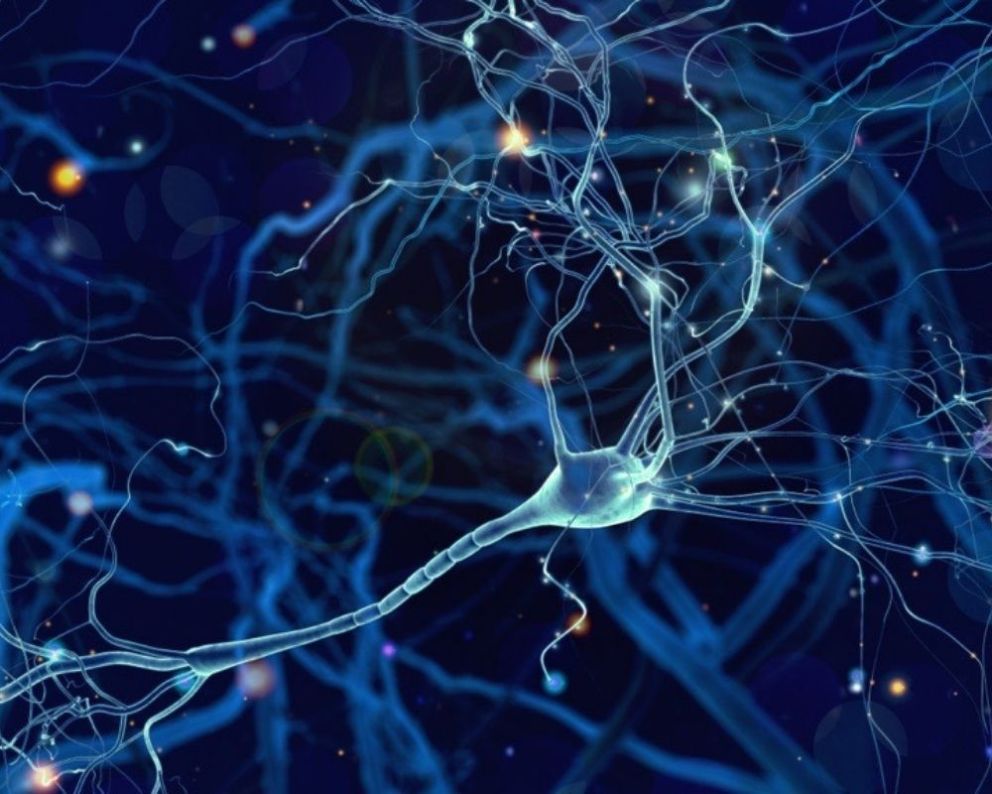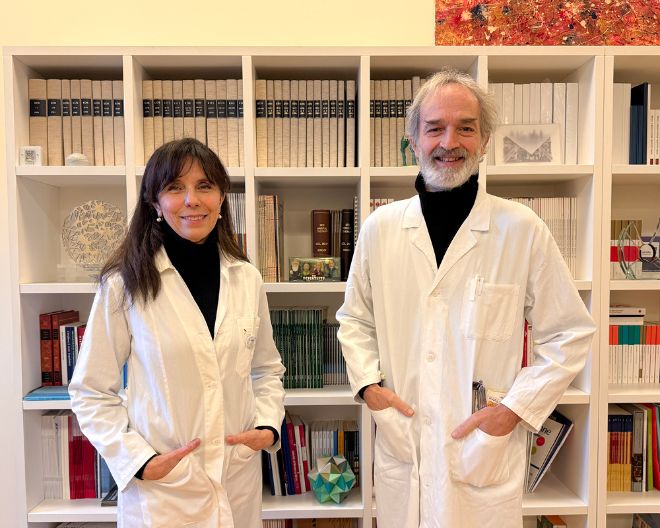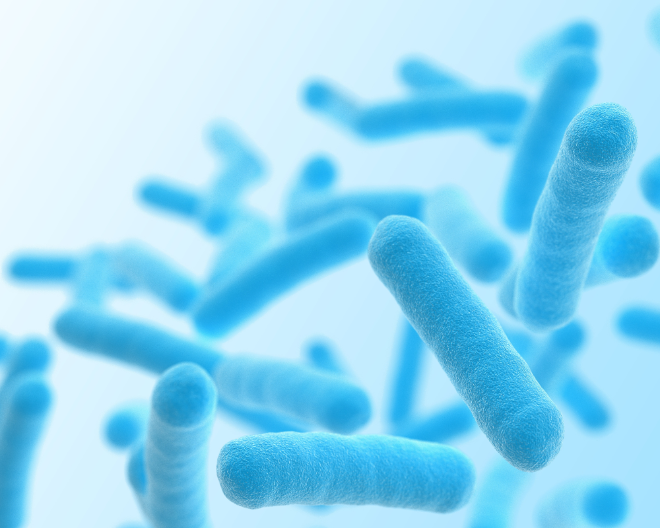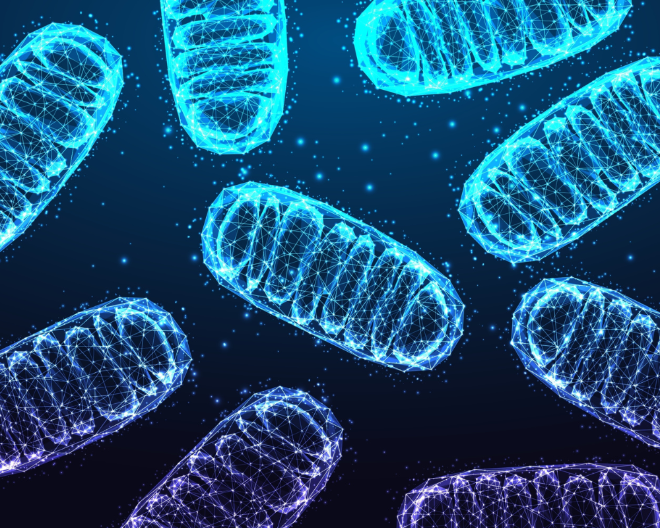New preclinical results reveal the mechanism behind the anxiolytic effect of LSD

An international team of researchers has discovered the mechanism by which the well-known psychedelic drug, if administered in low doses, is able to reduce anxiety-like behaviors under stress conditions
Half a century after research on psychedelics was interrupted, the idea of using hallucinogenic substances to treat mental health disorders – as long as they are administered in low, non-hallucinogenic doses, and in a controlled environment – is making comeback.
The data emerging from the growing number of studies conducted in the US, UK and Switzerland – some already in patients – suggest that this long-forgotten class of drugs is potentially effective for a variety of psychopathological conditions: depression, anxiety, PTSD, psychosomatic disorders and addictions to substances such as alcohol and heroin.
Despite these early successes, however, little is known about the neurobiological mechanisms underlying the therapeutic effects of psychedelic drugs. But a new piece of the puzzle was recently added, thanks to an international team of scientists working between Italy and Canada. They have identified, for the first time, the mechanism by which LSD reduces anxiety symptoms under stress conditions.
The study, published in Neuropsychopharmacology and coordinated by Gabriella Gobbi, full professor of psychiatry at McGill University in Montreal, was conducted by Danilo De Gregorio, now assistant professor at Vita Salute San Raffaele University in Milan after several years as a postdoctoral fellow at McGill University.
De Gregorio's goal is to continue in San Raffaele his research projects on the therapeutic potential of psychedelic drugs – an area of growing interest in psychopharmacology and still very poorly represented in the Italian scientific landscape.
The neglected potential of psychedelics
The discovery and introduction into clinical practice of SSRIs – commonly called antidepressants, although also widely used for the treatment of anxiety disorders – was the last great pharmacological revolution in psychiatry. These drugs, whose acronym stands for " Selective Serotonin Reuptake Inhibitors" but known mainly by their trade names (such as Prozac or Zoloft), act by increasing the release of serotonin, a neurotransmitter playing a central role in well-being, mood regulation and pro-social behaviors.
SSRIs are drugs with an excellent safety profile and few side effects, but unfortunately they are not equally effective in all patients with anxiety or mood disorders. This is why it is essential to develop new therapies: there are patients who suffer and for whom we do not have solutions as effective and safe at the moment – says Danilo De Gregorio, first author of the study published in Neuropsychopharmacology. – This is where the scientific interest in psychedelics come in.
Psychedelics – LSD, psilocybin, ayahuasca and MDMA – were studied as potential drugs for treating mental health disorders already in the fifties, both in the United States and in Europe. During the 1970s, however, a series of laws intended to fight illegal trade and abuse of these substances made it virtually impossible to continue scientific research on psychedelics, which was interrupted until the early 2000s.
Since then, scientific interest in the field has exploded. Today, LSD, psilocybin, ayahuasca and MDMA are being tested – at low doses and in a protected setting, often as an aid to psychotherapy – for a number of psychiatric conditions such as anxiety, depression, post-traumatic stress disorder and drug addiction.
Continues Danilo De Gregorio:
Although the preliminary data – both preclinical and clinical – are very good, a great deal remains to be understood, first of all regarding the molecular mechanism of action of these substances. Only by studying them, we can make the most of their potential and minimize the side effects and health risks correlated, which are real even if they are mild: we know that psychedelics can cause transient episodes similar to psychosis.
The experiments carried out at McGill University
The team of scientists led by Danilo De Gregorio, under the supervision of professor Gabriella Gobbi, tested the continuous administration – for seven days – of low doses of LSD in a group of mice subjected to stressful conditions, which is on the main known cause of anxiety disorders.
The study allowed not only to demonstrate the effectiveness of LSD in reducing anxiety behaviors in the mice, but also to identify the specific mechanism of action of the substance, which seems to act in a very similar fashion to the most described treatments for anxiety and depression: SSRIs.
In fact, LSD acts by increasing the transmission of serotonin, which is reduced under conditions of stress. The increase in serotonin is most likely due to the desensitizing action of LSD on the receptor binding with the neurotransmitter: the 5-HT1A receptor. And in the face of its reduced activation, neurons are stimulated to produce greater quantities of serotonin.
Researchers discovered also that low-dose LSD is able to promote neuroplasticity, increasing the formation of "dendritic spines", the branches that allow neurons to connect to each other, transmitting the nerve signal, and which are degraded under stressful conditions.
These are very encouraging, but still partial, results, also because they are obtained in animal models that only partially reproduce the complexity of psychopathological conditions – concludes De Gregorio. – Further laboratory studies will be needed to confirm the LSD mechanism of action and above all to demonstrate, in a clinical context, the safety and efficacy of low-dose LSD in patients with anxiety disorders and depression.
You might be interested in

Multiple sclerosis, breakthrough in research: researchers have identified a molecule that promotes repair of the nervous system

The microbiome as an ally against myeloma

Intrecci: a UniSR project for more inclusive and accessible cancer diagnosis

